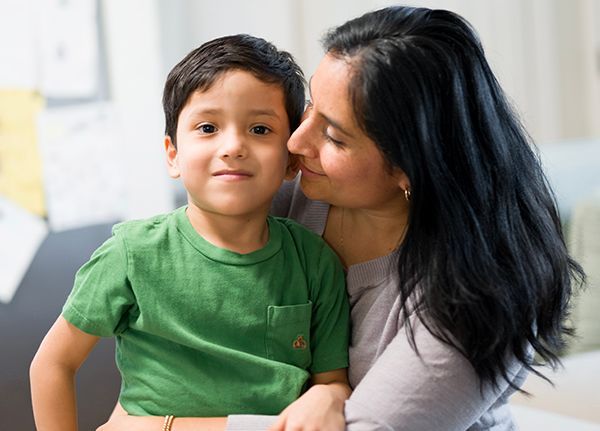Sebastian’s cystic fibrosis story is different than most. Sebastian wasn’t diagnosed at birth, through newborn screening. Instead, his story is one of many missed opportunities for early diagnosis and early treatment. It’s also a story about the need for treatments for those with rarer mutations, which often impact racialized people.
When Vicky’s twins were born, the family was filled with happiness. But soon, the twins began getting sick – Vicky and her husband, Richard, noticed that one twin, Xavier, would get better while the other, Sebastian, got worse. They blamed it on germs their toddler brought home from daycare.
But Vicky knew something wasn’t right the moment she tasted salt on her lips after kissing Sebastian. Over the next few months, as he got worse, they took him to doctor after doctor, and little Sebastian was admitted to the hospital twice for lung exacerbations.
Then, after too many visits to the doctor, an asthma specialist ordered a sweat test and a CT scan. Finally, they got the answer. At nine months old, Sebastian was diagnosed with cystic fibrosis.
Vicky and Richard had no idea they carried the CF gene. Approximately, one in 25 Canadians carry an abnormal version of the gene responsible for cystic fibrosis. When two parents who are carriers have a child, there is a 25 percent chance that the child will be born with cystic fibrosis. It turns out that one of the rare mutations Sebastian has is only found in people with Indigenous Andean ancestry – mostly Ecuadorian, like the family. The other mutation is also rare. Current newborn screening doesn’t test for mutations like these.





